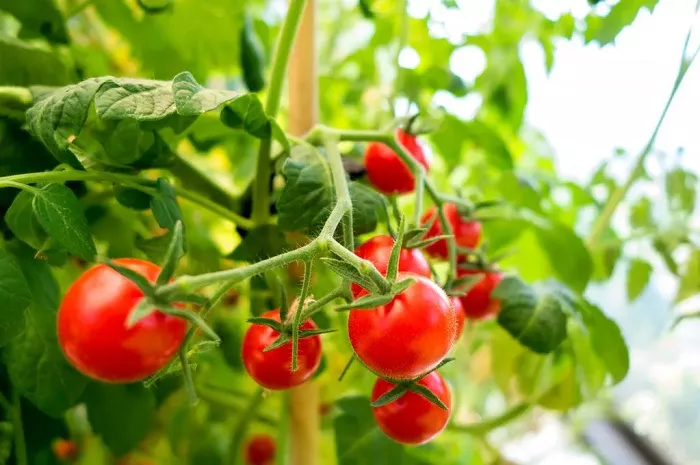Tomatoes are heavy feeders that require a rich supply of nutrients to thrive. Consistent nourishment during their growth period is crucial, as underfed plants may exhibit yellowing leaves, restricted growth, and produce smaller or inferior quality fruit. To achieve optimal growth, tomatoes need a fertiliser rich in nitrogen, phosphorus, and potassium. Interestingly, an economical homemade feed made from kitchen scraps can deliver the same benefits as commercial fertilisers.
Gardening expert and co-founder of I Grow Tomatoes, Jim Competti, has revealed that used coffee grounds are one of the most effective natural fertilisers for tomato plants. He explains, “Did you know that one of the best ways to naturally fertilise your tomato plants is by using spent coffee grounds? Not only can the grounds be used to power plants at the time of planting, but they can also be used throughout the entire growing season. Coffee grounds are full of the vital nutrients that tomato plants need to grow healthy and productive.”
The key nutrients tomato plants need—nitrogen, potassium, and phosphorus—are found in commercial fertilisers, but they are also present in coffee grounds. One of the top methods to utilise coffee grounds is to convert them into a liquid feed. After brewing a pot of coffee, running an additional pot of water through the maker creates a perfect, all-purpose fertilising tea. Once cooled, this tea can be used to water tomato plants, providing a quick boost of nutrients. Alternatively, any leftover plain coffee can be diluted with equal parts water to create a similar fertilising tea.
In addition to liquid feed, a small quantity of coffee grounds can be directly applied around the base of a tomato plant before watering it to provide a nitrogen boost. Jim advises, “Every three to four weeks, sprinkle a few tablespoons around the base of each tomato plant. This helps to provide plants with a low and steady stream of nutrients every time it rains or you water.”
Coffee grounds not only nourish tomato plants but also serve as a natural deterrent for slugs and snails. This simple gardening trick can help save money and keep pests out of the garden.
As summer approaches, gardeners can enhance their tomato plants’ growth with this eco-friendly and cost-effective method.


